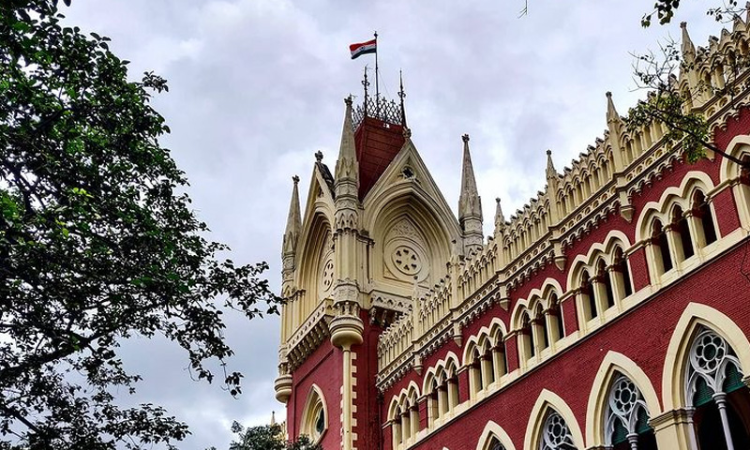Right To Privacy Of Biological Parent Prevails Over Right Of Adopted Child To Conduct 'Root Search': Calcutta High Court
Srinjoy Das
8 Jan 2024 10:15 AM IST

Next Story
8 Jan 2024 10:15 AM IST
The Calcutta High Court has recently held that the right to privacy of a biological parent, especially an unwed mother who gave up her child for adoption and subsequently went untraceable, would prevail over the right of the child to conduct a 'root search' to trace his origins.A single bench of Justice Sabyasachi Bhattacharya declined a Swiss citizen's plea to trace his biological origins...
